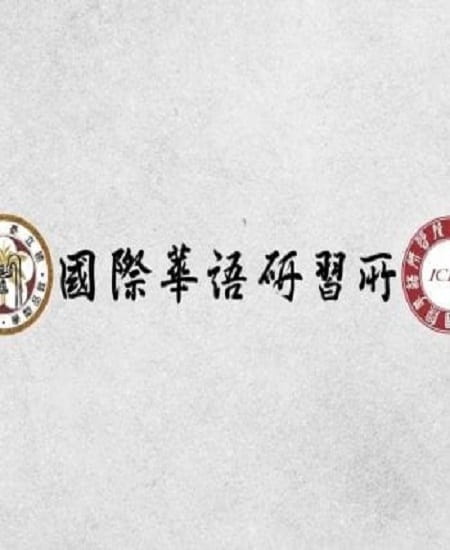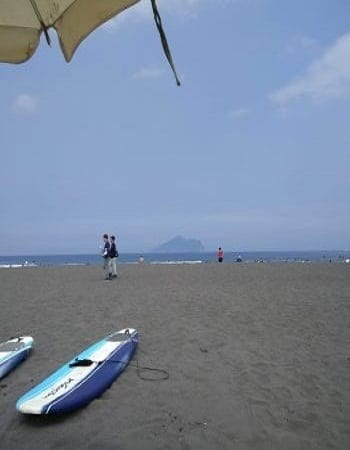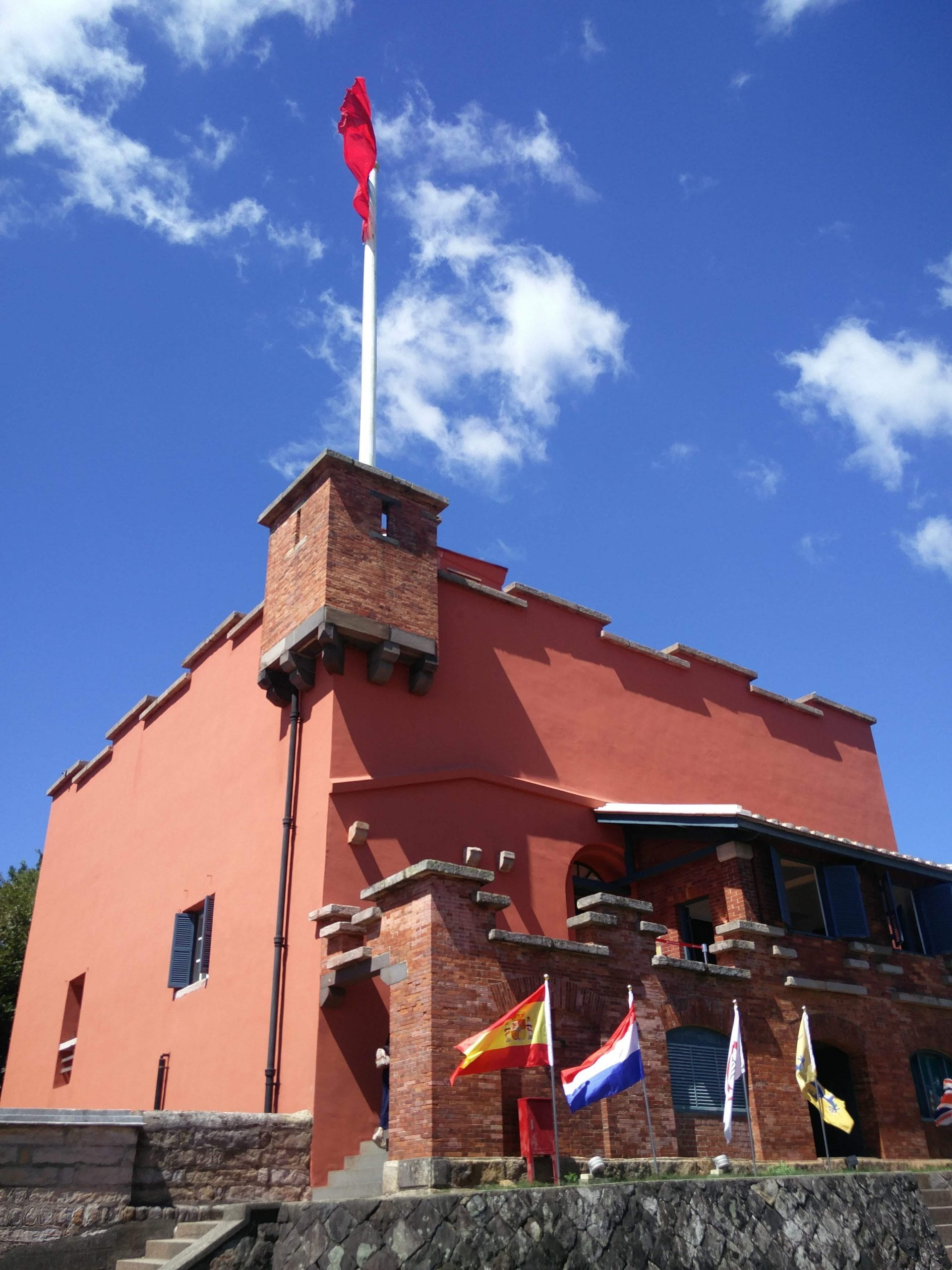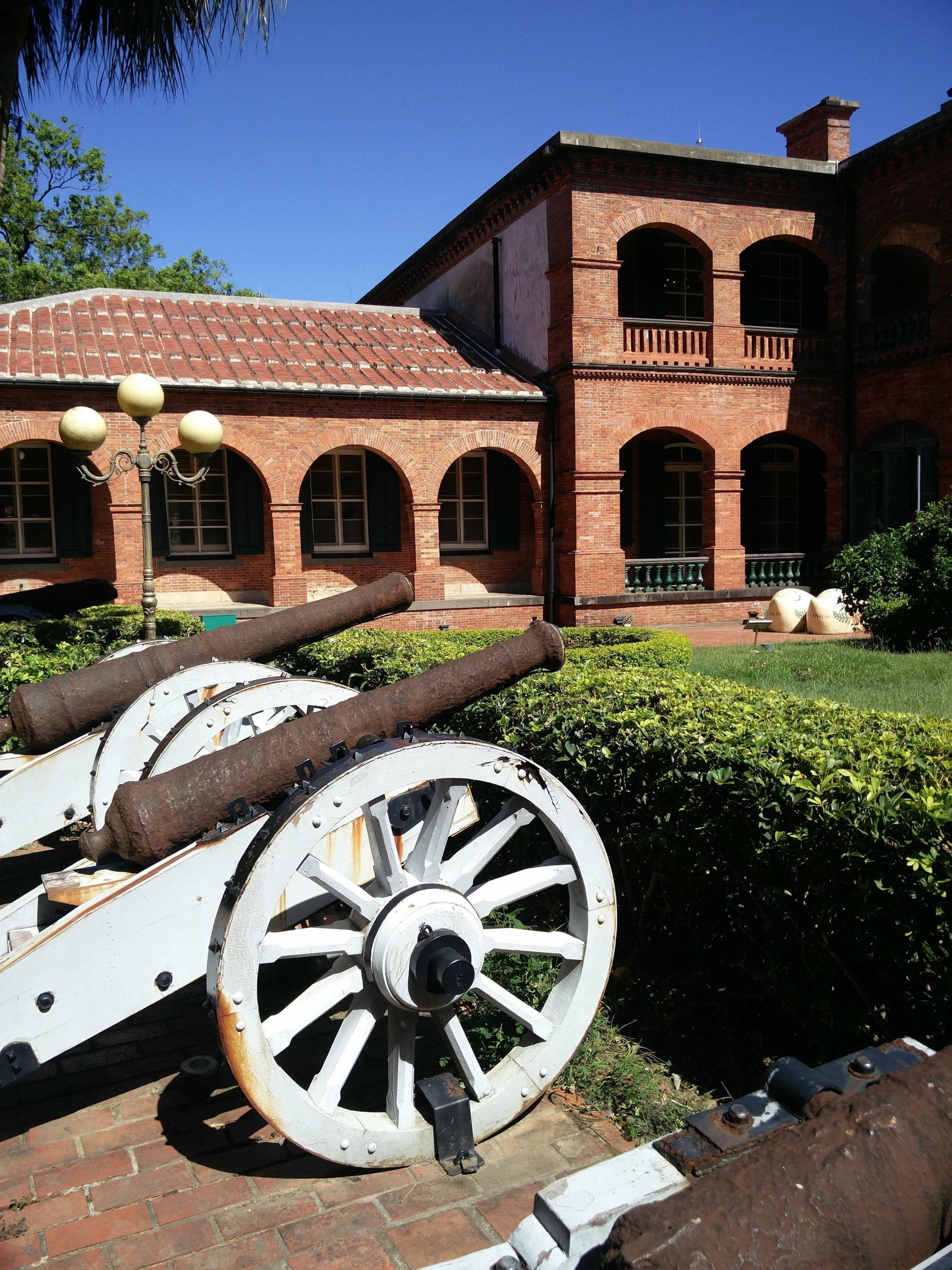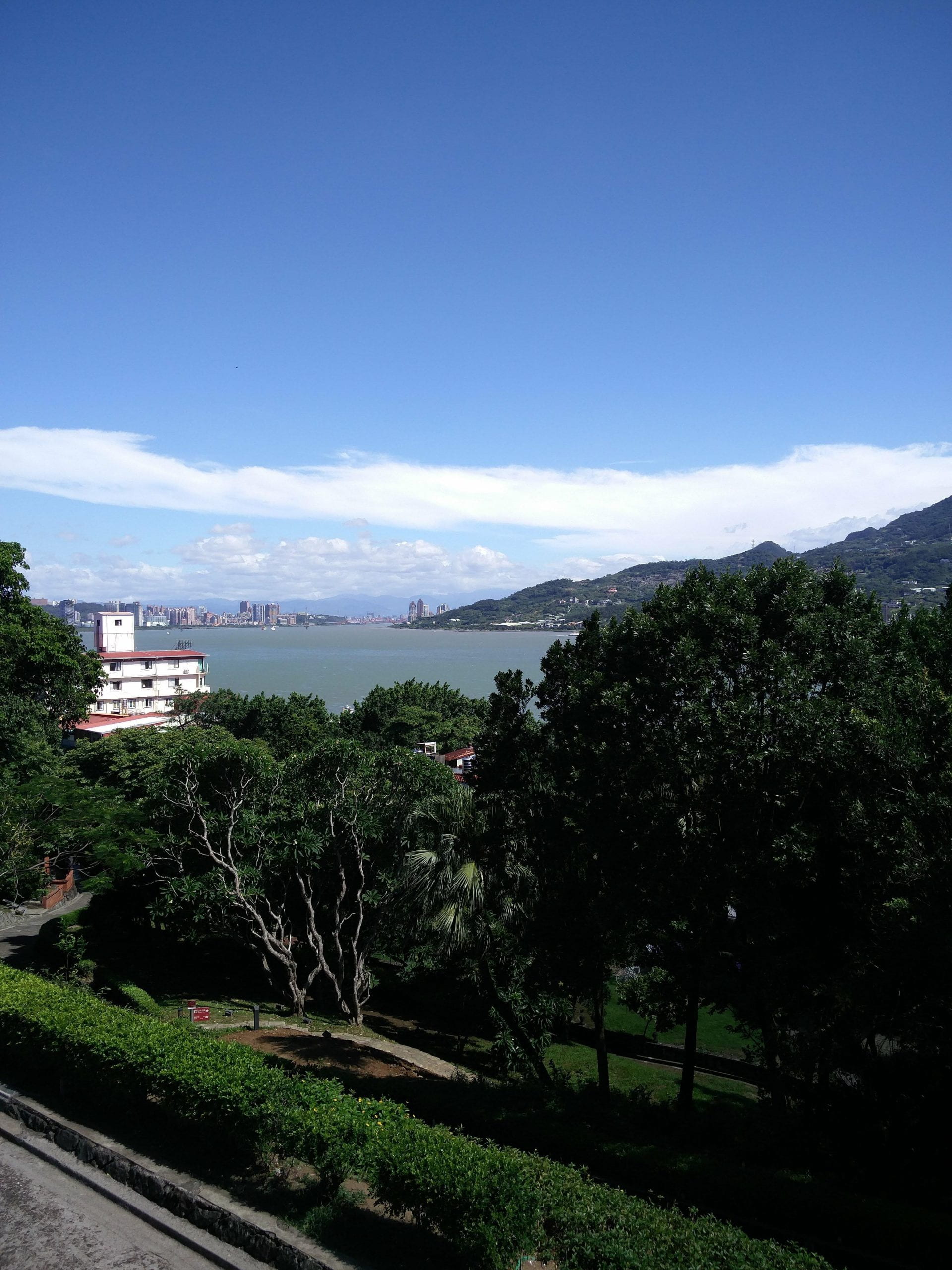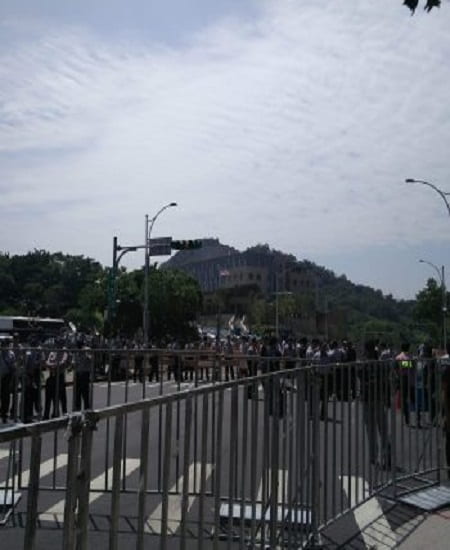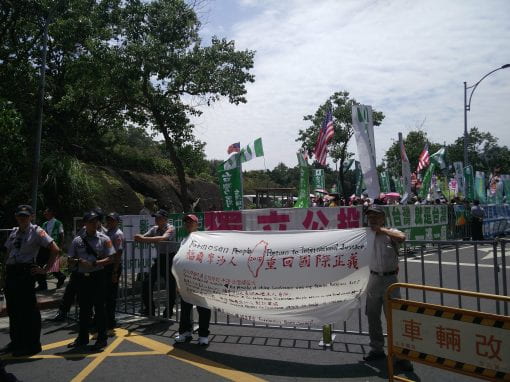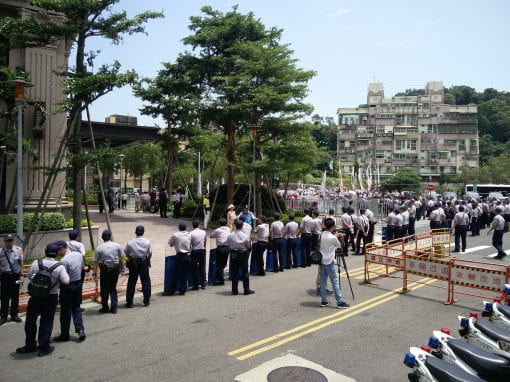For much of its existence, Taiwan has not had the opportunity to determine the direction of its own fate. While China has historically been and currently is the major agent of foreign influence, foreign powers have impacted Taiwan’s development for nearly four hundred years. The best place to learn of these influences is Tamsui, a small fishing village turned major port as a result of European imperialist powers. Currently a part of the larger New Taipei City, Tamsui (淡水) is home to Fort San Domingo (紅毛城), a physical embodiment that has preserved the history of foreign influence in Taiwan. The fort’s name translates to “Red Hair Fort,” as the Dutch were often referred to because of the color of their hair.
For much of the 17th century, the Spanish followed by the Dutch effectively maintained control over the island for their own trade benefits. Situated at the mouth of the Tamsui River, Fort San Domingo was originally built by the Spanish in 1628. Four years prior, the Dutch established a base in Dayuan (modern day Anping, Tainan) as an ideal location to intercept Chinese merchant ships from Fujian to Manila, thus disrupting Spanish trade. In response both to this Dutch interception and a surprise ambush by aborigines, Spain seized Keelung and Tamsui, solidifying its presence on Taiwan. The Spanish protected their trade with the help of the wooden Fort San Domingo. In 1642 at the Battle of Keelung – just six years before the Dutch would officially realize independence from Spain – the Dutch defeated the Spanish, becoming the sole major power on the island. While the Dutch East India Company’s rule on the island would only last until 1662, it brought about massive economic development.
After the fall of the short-lived Kingdom of Tungning (東寧), established by the Ming-loyalist Koxinga, the Qing established Taiwan as a prefecture of Fujian province in 1684. While nominally under Qing rule, Taiwan remained a frontier where people struggled to make a living. The Qing repaired Fort San Domingo in 1724, and it would stand unperturbed for more than a century. Then began the so-called “Century of Humiliation” in China, caused by foreign imperialism and intervention. The Qing rented out Fort San Domingo to the British in 1867 to serve as consulate as a result of the Treaty of Tientsin after the Second Opium War. The Mudan Incident of 1874, where 54 Japanese soldiers were ambushed and killed by Taiwanese aborigines, revived heavy foreign intervention in Taiwan. The Japanese launched a punitive mission in retaliation against Taiwan, marking the first successful deployment of Imperial Japan’s military, just six years after the Meiji Restoration. The Qing tried solidifying its position on the island, declaring Taiwan a province in 1886, but the power differential caused by Japanese expansion concurrent to Qing enervation was already drastic. Taiwan would then be subject to 50 years of Japanese rule.
Fort San Domingo would continue as a British consulate until the Japanese took control of it in 1941. In 1948, the British re-took control of the fort, continuing its service as a British consulate until the breaking of British-ROC diplomatic ties in 1972. The fort was then handed over to Australia as a trusteeship but was then handed to the United States once Australia-ROC relations were severed. Not until 1979, as a result of the US-PRC rapprochement, was Fort San Domingo finally handed over to ROC control. The fort has since become a grade-one national historical site in Taiwan, granting tourists the opportunity to learn of the rich history of foreign influence and intervention on the island.
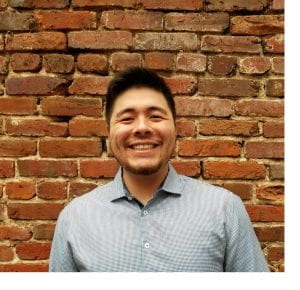 Alex Bierman, M.A. Security Policy Studies 2019
Alex Bierman, M.A. Security Policy Studies 2019
Sigur Center 2018 Asian Language Fellow
National Taiwan University, Taiwan
Alex Bierman is a M.A. candidate in Security Policy Studies focusing on East Asian security and cyber security. His interests include U.S. policy towards East Asia, Cross-Strait policy, and Chinese politics.
 Alex Bierman, M.A. Security Policy Studies 2019
Alex Bierman, M.A. Security Policy Studies 2019